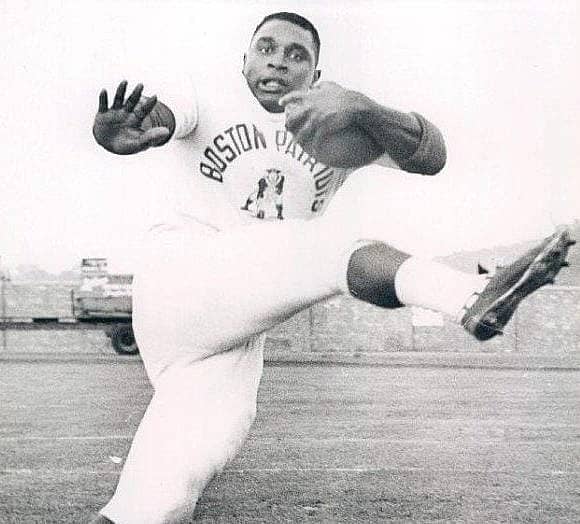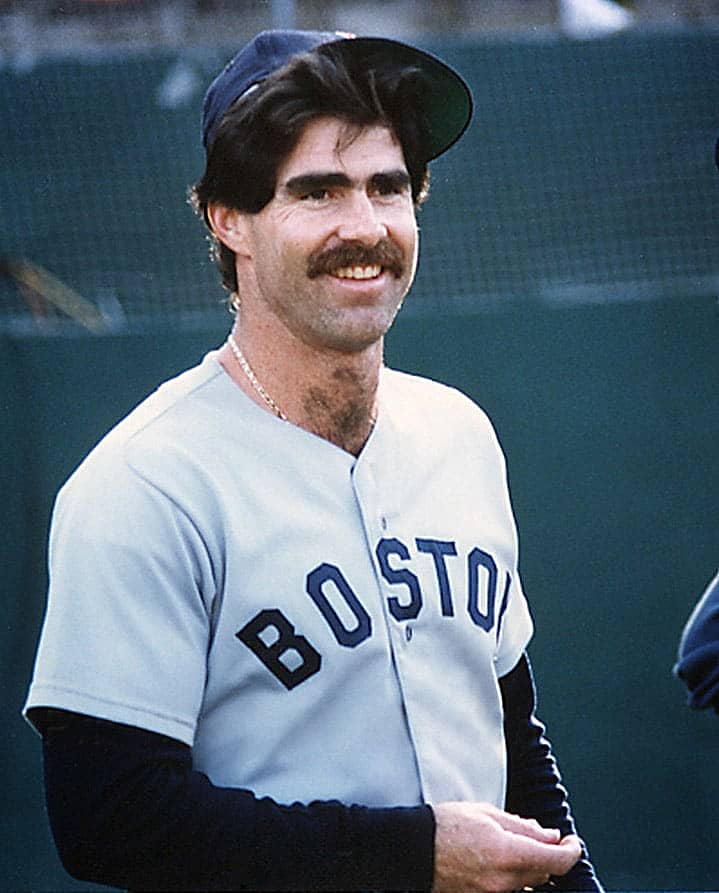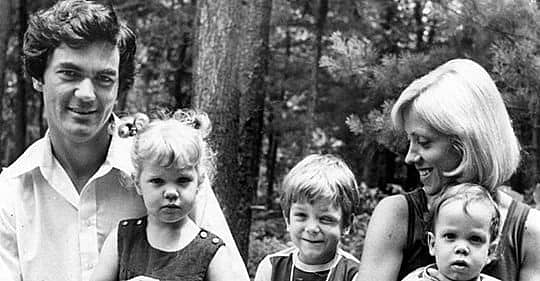“He was the most professional amateur I ever knew” – Will Cloney, Sports Editor, Boston Post, and BAA Marathon Director
It’s been 58 years since the Celtics honored Walter Brown in a manner he’d have scotched had he been around to protest the raising of the retired number one banner in his honor on the night of October 17, 1964.
Walter Brown would have never approved of the ceremony held by the Boston Celtics in his honor. Boston’s greatest sportsman was simply a model of modesty, competence, and gentility in a profession often filled with self-promotion, greed, and envy. He was a man who treated those around him with respect and rarely embarked on any project with more than a handshake and his good word.
Brown was that rarest of Boston men, neither defined nor restricted by the tribal culture which rules the city to this day. His last name made it difficult for people to peg him as either Yankee or Irish and his education extended to neither of the Hub’s two tribal incubators, Harvard of Boston College. For nearly five decades he floated above such nonsense while forging a reputation as a man to be trusted. Only on occasion did his temper reveal his proud Irish heritage.
Following his graduation from Philips Exeter Academy, he soon found his way into the service of his father, Boston Garden manager George V. Brown. While serving an apprenticeship to his father he helped manage both the bronze medal-winning 1936 United States Olympic men’s hockey team as well as the Boston Olympics, a semi-pro team playing their home games at the Garden. Following the death of his father, he became President of both the Boston Garden and Boston Arena in 1937.
It’s somewhat ironic that the greatest owner in basketball history was a hockey man, first and foremost. The advent of professional basketball as well as the birth of professional ice shows such as The Ice Capades, which he co-founded, were created principally as attractions to fill open dates on the hockey calendar.
It was Walter Brown the businessman and arena operator who founded the Celtics in 1946 and also hired Arnold “Red” Auerbach in 1950 to save the franchise. It was Walter Brown the sportsman who decided to re-mortgage his home and borrow against his life insurance to meet payroll. Star guard Frank Ramsey would routinely mail his signed contract back to Brown with a note attached that read, “Please fill in the amount, Mr. Brown.”
By the early fifties, Brown ran both the Celtics and Bruins as well as served as co-director of the Boston Marathon with Will Cloney. Cloney recalls that when Brown put him in charge of the old Boston Athletic Association indoor track meet his only request was “that the event not lose money.” Each year the first thousand to fifteen hundred dollars of meet revenue went towards funding the Boston Marathon.
Brown was involved in all sports and at all levels. As President of the Boston Celtics, he presided over seven NBA world champions, and while President of the Bruins he helped re-build a franchise that had sunk to a level where it attracted less than half capacity crowds. Before he was finished they returned to two consecutive Stanley Cup finals appearances in 1956-57 and 1957-58 against the Montreal Canadiens.
As President of the Boston Garden, he promoted various events such as two indoor track meets, a Winter Carnival complete with ski jump, and a hockey tournament called the Beanpot which attracted less than five hundred spectators in its first year at the Garden. In his spare time, he chaired the Basketball Hall of Fame Corporation, was President of the International Ice Hockey Federation, and was a member of the Hockey Hall of Fame Governing Committee. He is the only man to date enshrined in both the Basketball and Hockey Hall of Fame.
Upon his sudden death of a heart attack at age 59 in 1964 his widow Marjorie, along with partner Lou Pieri, was forced to sell the Celtics to pay the inheritance tax on his estate. The man who could and should have died a millionaire instead died leaving an unsurpassed legacy of success and humanity. He was a Boston original who will forever be the standard by which all other owners in professional sports should be judged.






